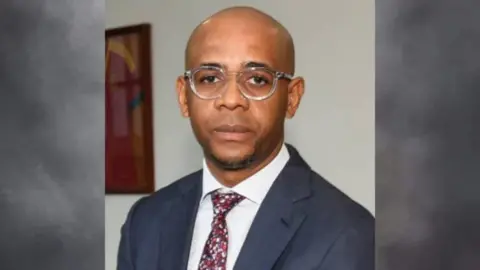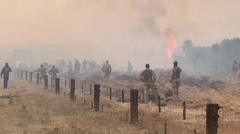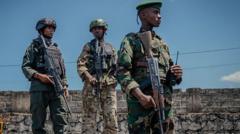Simon Mann, known as one of Britain's most renowned mercenaries, passed away on May 8 at his London home at the age of 72. His death was reportedly due to a heart attack while he was exercising, as confirmed by Aleksandra Binkowska, the chief executive of Hydrogen Utopia, where he was employed.
Mann gained notoriety for his involvement in the infamous coup attempt against Equatorial Guinea's dictator in 2004. The operation, which came to be known as the Wonga Coup, ended in disaster when Mann was captured by Zimbabwean secret police at an airport. The event turned a highly ambitious venture into what Mann described as a "whole [expletive] shambles" in his memoir, "Cry Havoc" (2011).
Drawing from a privileged background as an Old Etonian and ex-Scots Guardsman, Mann became emblematic of a certain type of mercenary lifestyle, filled with risks and rewards. His actions, which led to a significant media frenzy, raised ethical questions about the role of private military contractors in political conflicts and the implications of foreign interventions.
His life story has provoked a spectrum of reactions, from those who see him as a failed adventurer to others who recognize the complexities and moral ambiguities surrounding mercenary work in war-torn regions. As discussions continue about the influence of private military contractors in international affairs, Mann's legacy will likely endure, evoking both fascination and scrutiny.



















